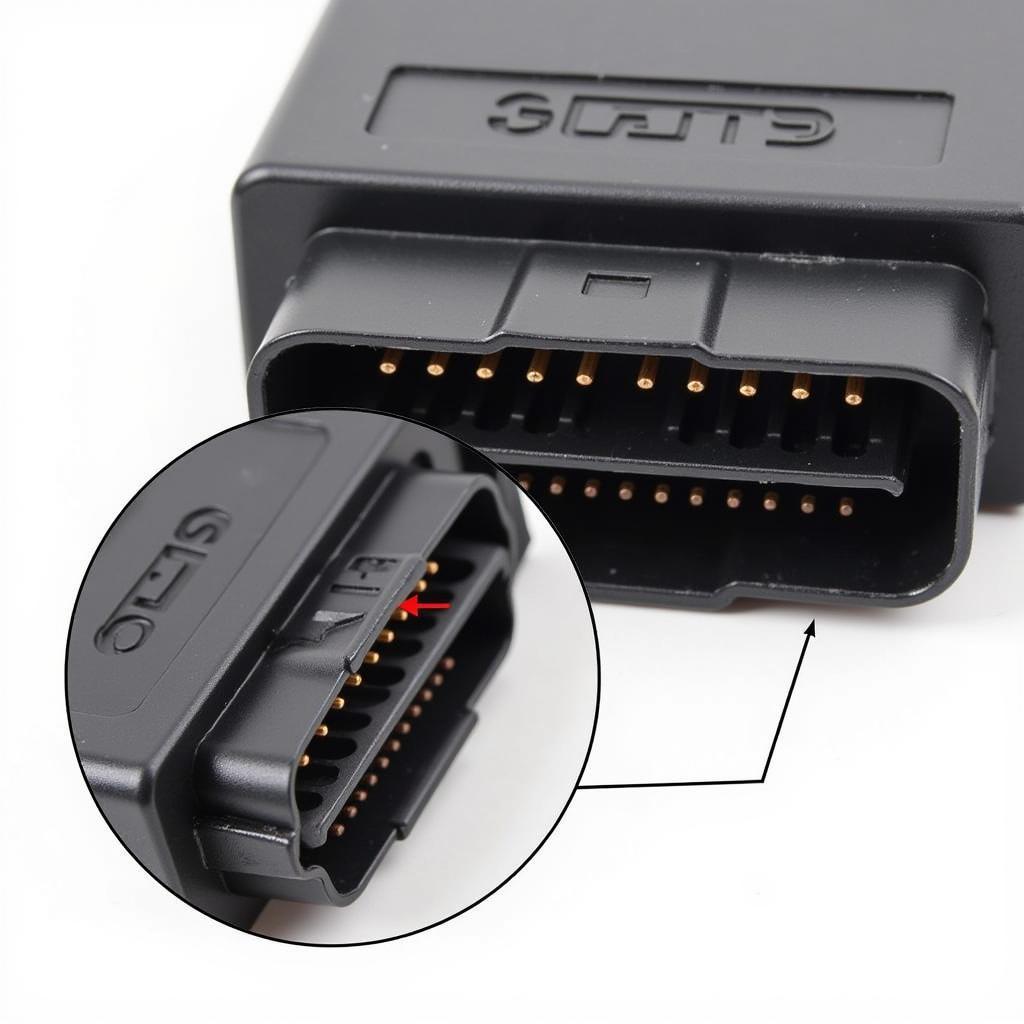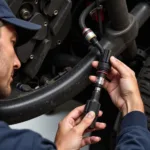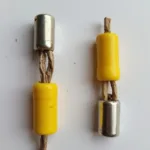For those dedicated to keeping their Mitsubishi vehicles running smoothly, understanding the differences between OBD1 and OBD2 systems, and when an adapter might be necessary, is crucial. This article dives deep into the world of OBD1 to OBD2 adapters for Mitsubishi vehicles, equipping you with the knowledge to make informed decisions about your car’s diagnostic needs.
Navigating the Transition: From OBD1 to OBD2
The On-Board Diagnostics (OBD) system is your car’s internal communication network, providing valuable data about its health and performance. Mitsubishi, like many manufacturers, transitioned from OBD1 to the more standardized OBD2 system in the early 1990s.
OBD1, primarily utilizing proprietary connectors and protocols, posed challenges for universal diagnostics. OBD2, with its standardized 16-pin connector and universal protocols, revolutionized car maintenance, making diagnostics more accessible and affordable for car owners and mechanics alike.
When You Need an OBD1 to OBD2 Adapter for Your Mitsubishi
While most Mitsubishi models manufactured after 1996 come equipped with OBD2, older models might necessitate an OBD1 to OBD2 adapter. This scenario arises when you want to utilize a modern OBD2 scanner on a vehicle originally equipped with OBD1.
An OBD1 to OBD2 adapter acts as a bridge, translating the signals between your Mitsubishi’s OBD1 system and the OBD2 scanner. This compatibility unlocks access to valuable engine data, allowing you to diagnose and troubleshoot issues effectively.
Choosing the Right OBD1 to OBD2 Adapter for Your Mitsubishi
Selecting the appropriate adapter for your Mitsubishi is paramount. Compatibility is key – ensure the adapter supports your specific Mitsubishi model and year.
Factors to Consider:
- Mitsubishi Model and Year: Research adapters explicitly designed for your car’s specific OBD1 system.
- Adapter Quality: Opt for reputable brands offering reliable connections and accurate data transmission.
- Features: Some adapters offer additional features like real-time data logging or compatibility with various diagnostic software.
Installation and Use
Installing an OBD1 to OBD2 adapter is generally straightforward:
- Locate your Mitsubishi’s OBD1 diagnostic connector. Consult your owner’s manual if needed.
- Connect the OBD1 side of the adapter to your car’s diagnostic port.
- Connect your OBD2 scanner to the adapter.
With the adapter in place, you can utilize your OBD2 scanner to access and interpret your Mitsubishi’s engine data.
Benefits of Using an OBD1 to OBD2 Adapter
Utilizing an adapter unlocks a range of benefits for Mitsubishi owners:
- Enhanced Diagnostics: Access a wider array of diagnostic tools and software, empowering you to identify and resolve issues more effectively.
- Cost Savings: Performing your own diagnostics can save you money on costly mechanic visits.
- Improved Vehicle Maintenance: Proactive monitoring of engine data facilitates preventative maintenance, potentially extending your vehicle’s lifespan.
Expert Insights
“Using an OBD1 to OBD2 adapter empowers Mitsubishi owners to take control of their vehicle’s diagnostics,” says John Smith, Senior Automotive Engineer at Car Diagnostics Pro. “It’s a valuable tool for anyone looking to understand their car’s health better and save on potential repair costs.”
Conclusion
Navigating the world of OBD systems and adapters might seem daunting, but understanding the basics equips you to make informed decisions for your Mitsubishi. Whether you’re a seasoned mechanic or a car enthusiast, an OBD1 to OBD2 adapter can be a valuable asset in your automotive toolkit.
Remember, always consult your owner’s manual and research compatible adapters for your specific Mitsubishi model and year.
For expert assistance and personalized recommendations, our team at OBDFree is here to guide you. Contact us via WhatsApp: +1(641)206-8880, Email: [email protected]. We offer 24/7 customer support.


